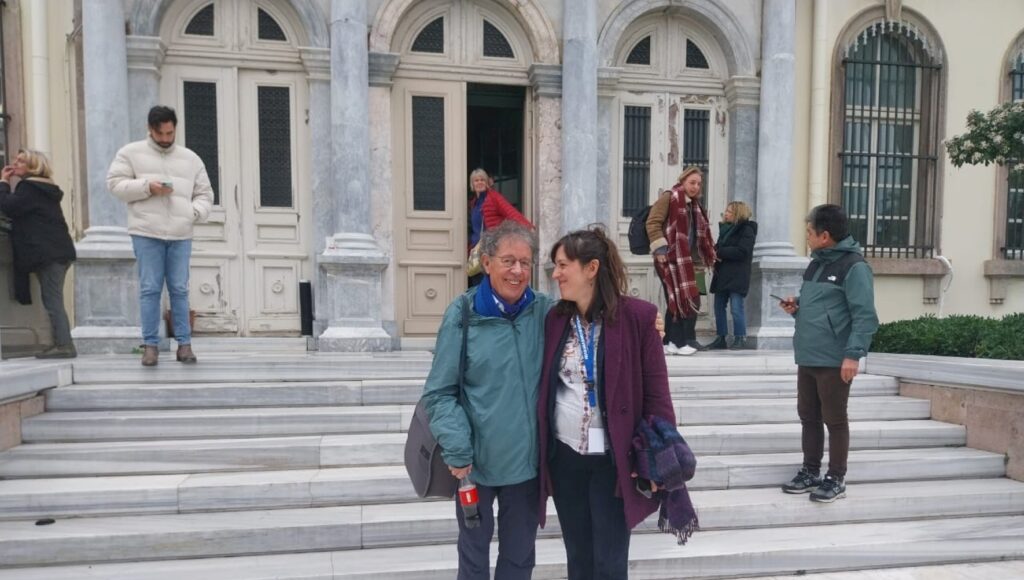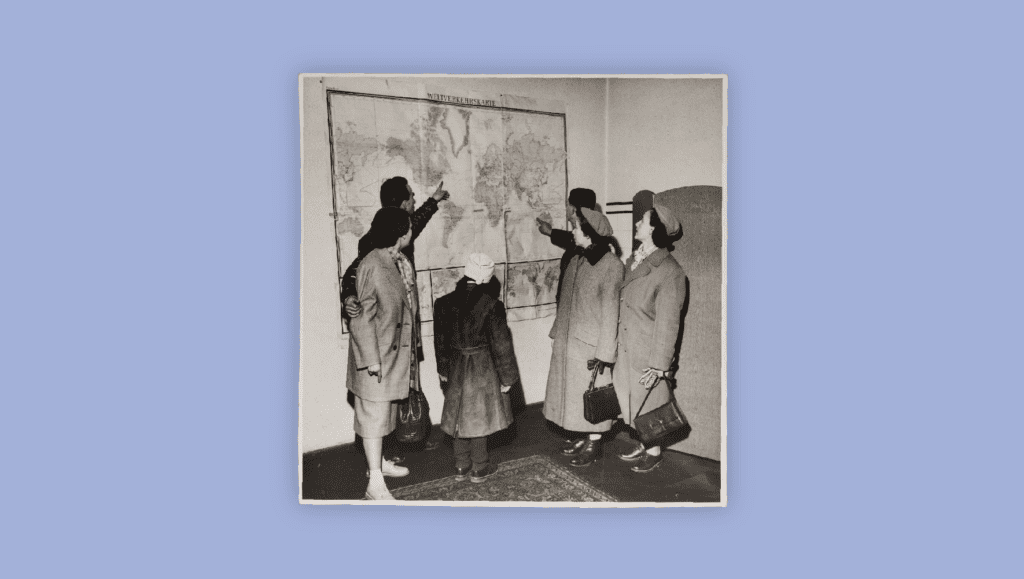
On Tisha B’Av, we are confronted with a society in ruins. The biblical book of Lamentations records the aftermath of Jerusalem’s conquering by the Babylonians. Much of the poetic book reads like a shell-shocked survivor sharing vignettes of things he cannot believe he is witnessing. You can feel him attempting to make sense of this new reality and asking himself:
“How did we get here?”
Our country has not been torn apart by war. And yet, we too walk the streets shellshocked by how much is unrecognizable. Foundations of protected rights and due process crumble beneath our feet. A commitment to dignity and welcome has been replaced with a celebration of cruelty. Vignettes of people ripped from their cars and from street corners, of people rendered to foreign prisons, of children with cancer deported without care — leave us in disbelief.
How did we get here?
Donate today
A surface-level reading of Lamentations for wisdom offers a tough theological pill to swallow for this moment. The book lays the blame for destruction and devastation at the feet of its own inhabitants. Suffering is the result of sin. The victims of the conquest are to blame, not the conquerors. One could read a direct correlation; those who are suffering deserve it. It is just.
And today, we hear this same simplistic logic abound. The people getting round up, arrested, detained, deported, and disappeared are “getting what they deserve.” It does not matter that they followed the same footsteps of the generations of Americans that preceded them — seeking a life of opportunity free from persecution. It is just.
But a deeper reading helps us understand how misguided this corrupt moral logic is. The Book of Lamentations takes great care to focus on the suffering of innocents — of the children and babies and those already at the margins who bear the brunt of the society’s failures. It is morally incomprehensible to proclaim that babies and toddlers are starving on account of their own sins.
The Tze’enah Ure-enah, a medieval commentary, captures it best. “God does not punish the person for their sins nor does God make the person mournful, but the sins cause all of this.”
The vulnerable are not being punished by God for their sins. The collective failure of society has led to their suffering. When the moral core of a nation decays, the consequences are unleashed on those already in the most vulnerable circumstances. The sins of a society are wrought upon those at the margins.
It is morally incomprehensible to proclaim that babies and toddlers are starving on account of their own sins.
It is no surprise that in a moment when we have abandoned our most foundational principles as a nation, that the first victims are immigrants, refugees, and asylum seekers. They came in search of a promise of dignity, welcome and opportunity — the promise of a country committed to inalienable rights endowed by our creator. But the value of that promise possesses no value to those in power.
How did we get here? We abandoned our sense of self — of who we called upon ourselves to be. And we will not recover overnight.
As soul-crushing as it is to read the devastation recorded in Lamentations, the book compels us to end on a note of hope. It sensed that the devastation of a nation would not be permanent — that it would take years, but we would rebuild.
Yet we would only rebuild by reclaiming the values that defined us in the first place. To find our way forward, we must return to our core sense of self.
“Take us back, O LORD, to Yourself,
And let us come back;
Renew our days as of old!”
There is wisdom in the Book of Lamentations to meet this moment. It is not perverse moral logic that those suffering most deserve it most. It is in the reminder that we can renew the core national values that reflect us at our best — that no matter the devastation surrounding us today, we can come back.



